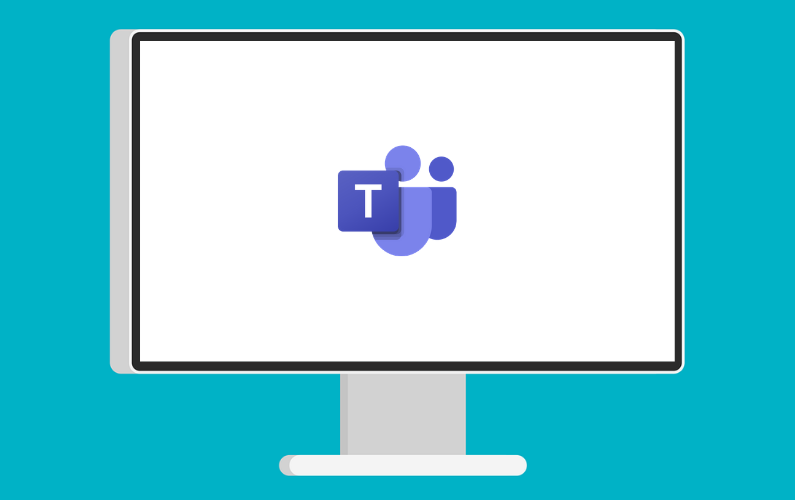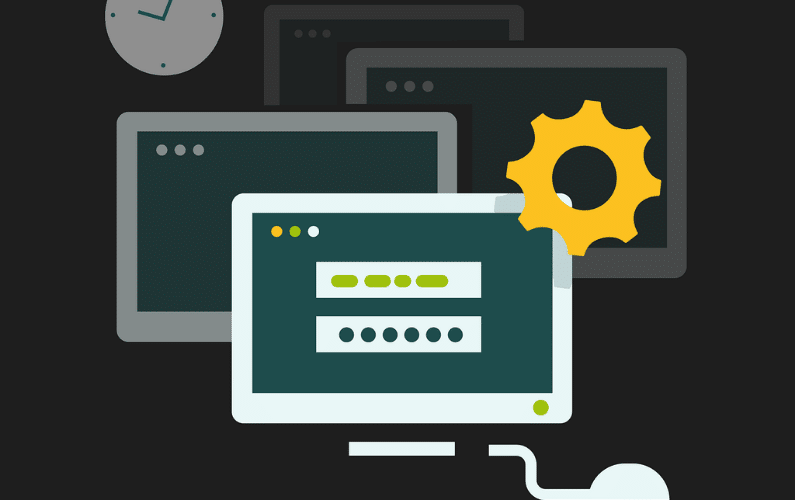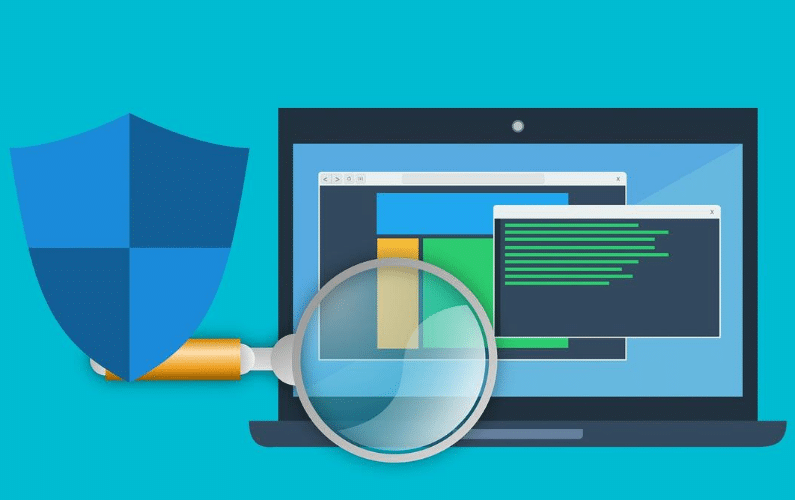Ransomware attacks can put your business' sensitive information at risk and cost you time and money. In this article, we'll describe how ransomware attacks work and their identifiable characteristics, pointing out common targets, and providing tips your business can use to defend itself against data loss and downtime.
What Is Ransomware?
Ransomware is a form of malicious software. It involves locking and encrypting a person’s computer or device files, then demanding ransom to get access back.
Ransomware keeps your personal files, financial information and photos hostage. The malware has encrypted the device making the data inaccessible, but the files are still on the device.
The attacker gives the victim instructions on how to pay the ransom. The costs can be from a few hundred dollars to thousands. Paying the fee doesn’t always ensure access will be restored since the attacks are often done by cyber-thieves.
Fighting back against ransomware can be complicated. Understanding what it is, the different types of ransomware, and tips to avoid it will help protect your business.
How Does Ransomware Infect Devices?
Generally, ransomware happens through email phishing and spam. The messages have either a link or an attachment. Once a user clicks on the link or attachment, the ransomware will infect their computer. It can also spread throughout their network. Once it has infected the device or system, it can encrypt any or all of the files and potentially block access to the hard drive.
Types of Companies Targeted by Ransomware
Ransomware can be easily targeted to anyone. However, cybercriminals typically go after organizations that can pay bigger ransoms.
Organizations Commonly Targeted by Ransomware:
- First, since these cyber-criminals want big payouts, all large corporations are at a higher risk of being targeted.
- Universities are common targets since they have smaller security teams with a community that shares files constantly.
- Organizations that will pay quickly, such as government agencies, banks, medical institutions, and smaller groups since they need immediate access. This means they will probably pay more quickly than other targets.
- Entities like law firms become targets due to the highly sensitive nature of their data. They will generally pay quickly to avoid controversies and lower the chance of the data being leaked.
Types of Ransomware
1. Crypto Malware
This ransomware can cause a lot of damage since it encrypts files, folders, and hard drives. It makes the data only accessible with a description key.
2. Lockers
This type is known for infecting operating systems and makes it impossible to get to your files and applications. It may display the ransom amount and the time left to get the cyber-criminal the ransom.
3. Scareware
This ransomware type is a fake software that acts as if it’s an antivirus. These can come in the form of annoying alerts and pop-up messages. Some claim to have found issues on your computer and ask for money to fix them.
4. Doxware
Also known as leakware and extortionware, doxware threatens to release all the information online if the victim doesn’t pay the ransom.
5. Mac Ransomware
The malicious software that targeted Mac operating systems in 2016, attacked Apple user systems with an app called Transmission. The app encrypted the victims’ files.
6. RaaS
Ransomware as a Service is malware that is hosted anonymously by a hacker. This hacker handles the attack, collects payments, and restores access to the victim, in return for their cut of the ransom.
6 Tips for Avoiding Ransomware Attacks
1. Use a robust security software
Install and use security software to protect your data from malicious attacks and viruses. Additionally, it’s key to ensure that the security software is up to date. Security software can detect issues and protect you from any threat to your device and system.
2. Regularly update software
Hackers look for any holes and vulnerabilities in your system. To prevent hackers from getting through, update your operating software when new ones become available. Keeping your operating system up to date allows your computer to run as efficiently as possible and they include fixes to security.
3. Don't open email attachments from unfamiliar sources
Email is the most common communication method for businesses. This is why it’s one of the main methods for ransomware attacks. Additionally, phishing spam can be disguised as a link in an email but actually is malicious. This can make it hard or impossible for you to access your data and then they demand the ransom. So, don’t open email attachments that are from a source you don’t recognize.
4. Back up mission-critical data
Backing up your data to an external hard drive ensures that you have access to your data no matter what. Having your data stored offline on a physical hard drive protects your data from any form of malicious software or attack. If you have backup copies of all files the threat of the cybercriminals holding your data hostage is less intimidating and damaging. Back up your files as frequently as possible.
5. Consider cloud solutions
Cloud services save previous versions of files which can be extremely beneficial if your files are encrypted. With cloud services you can revert back to those previous versions that aren’t encrypted.
6. Have a disaster recovery plan
Proactive measures are the best way to avoid ransomware attacks. In addition to the preventive tips above, creating a disaster recovery plan is essential to business continuity. Having a plan in place will help reduce the amount of time and potential money lost due to a ransomware attack.
With Nicolet Tech, your business can create a detailed, personal, and realistic plan to decrease the negative impacts of any disaster.
If Attacked, Should Businesses Pay a Ransom?
Don’t pay the ransom. Remember, if your data is held for ransom, it’s by a cybercriminal. They are not obligated to give you your data back after you pay the ransom. Therefore, there's no guarantee that you’ll get your data back, and you can never be sure they won’t distribute it. Paying the ransom encourages and allows the criminals to keep delivering attacks.
Conclusion
Ransomware attacks can happen to any business at any given time. They can be detrimental to all businesses large and small. This is why it’s vital to take steps to prevent and recover from attacks. Knowing what ransomware is, how it infects your devices, and tips to avoid it, you can help protect your business.
At Nicolet Tech, we will help you prevent ransomware and all types of cyberattacks that could compromise your business.


